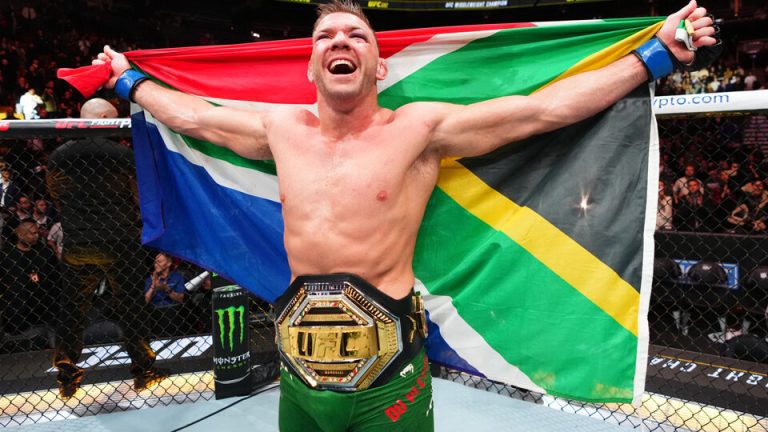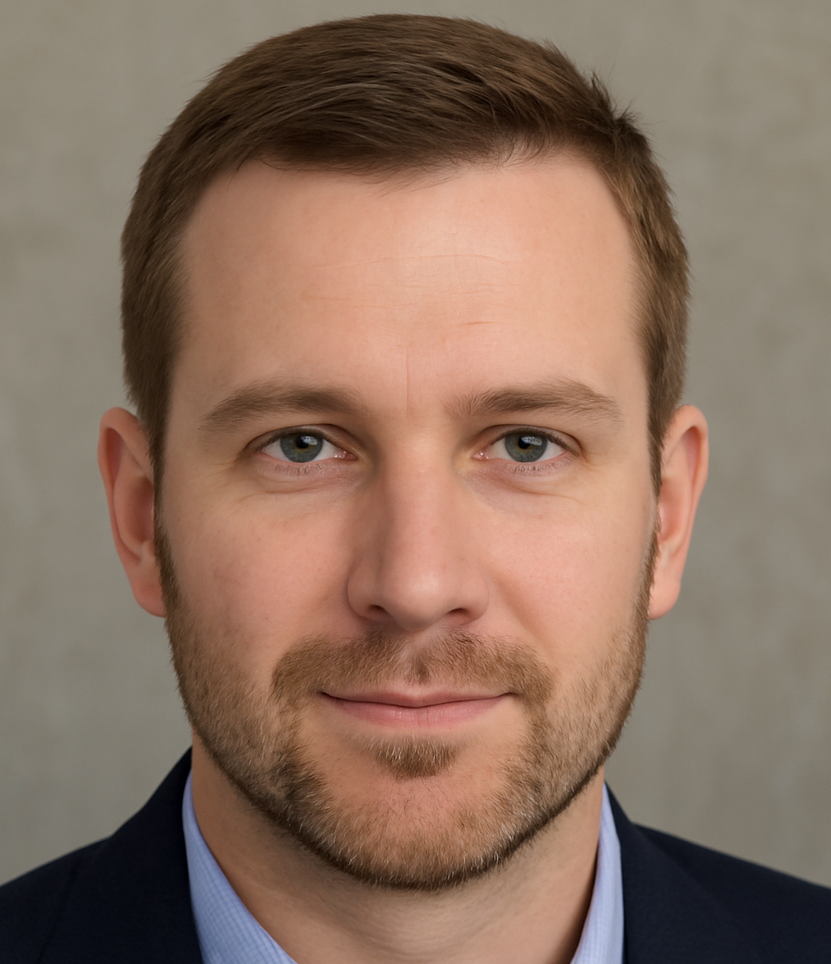When you think of South Africa and sports, rugby, cricket, and soccer usually dominate the conversation. But over the past two decades, a new sport has been quietly growing into a powerhouse of its own—mixed martial arts (MMA). Once a niche combat sport, MMA has exploded in popularity, with South African fighters now competing on the grandest stage of them all: the UFC (Ultimate Fighting Championship).
So how did MMA take root in South Africa? Let’s trace the journey from its early underground days to the rise of world-class South African fighters in the UFC.
Early Beginnings of MMA in South Africa
MMA didn’t arrive in South Africa overnight. In the late 1990s and early 2000s, combat sports like boxing, karate, judo, and kickboxing already had a strong presence. Enthusiasts began blending techniques, inspired by what they saw happening in the United States and Japan, where the UFC and PRIDE were showcasing fighters who combined striking and grappling in new ways.
At first, MMA in South Africa existed on a small scale—sparring in gyms, private events, and local competitions. The sport lacked formal organization, and mainstream media often dismissed it as “too brutal.” But the athletes and fans knew they were building something bigger.
The Birth of EFC Africa
The turning point came in 2009, when Extreme Fighting Championship (EFC Africa) launched. This organization gave South African fighters a professional platform, complete with televised events, structured rules, and international opponents.
EFC quickly became the premier MMA promotion in Africa, similar to what Cage Warriors did for Europe. Fighters like Garreth McLellan, Don Madge, and Dricus Du Plessis rose through the ranks in EFC before eventually catching the eye of the UFC.
EFC also played a huge role in educating South African fans about MMA. With events hosted in Johannesburg, Cape Town, and Durban, the promotion created a vibrant fight culture that laid the foundation for UFC interest.
South Africa’s First UFC Fighters
In the mid-2010s, South African fighters began crossing over into the UFC, marking a new era.
- Garreth “Soldierboy” McLellan became one of the first South Africans to sign with the UFC in 2014. While his record wasn’t spectacular, his presence was historic—proof that South Africans could compete at the highest level.
- Don Madge, a lightweight fighter with a slick striking style, made his UFC debut in 2018, earning a submission victory.
- Dricus “Stillknocks” Du Plessis, a former EFC and KSW champion, burst into the UFC in 2020 and quickly rose up the middleweight rankings.
These athletes weren’t just fighting for themselves; they were paving the way for the next generation of South African talent.
The Rise of South African Gyms and Coaches
Behind every fighter is a great camp, and South Africa has built some impressive MMA gyms over the years.
- CIT Performance Institute (Pretoria): Home of Du Plessis and Cameron Saaiman, known for producing disciplined, well-rounded fighters.
- Fight Fit Militia (Johannesburg): One of the earliest gyms to push MMA training seriously in South Africa.
- PFA (Pride Fighting Academy in Cape Town): Known for its striking talent and grassroots development.
These gyms created the infrastructure needed for athletes to go from amateurs to professionals, giving them the skills to compete internationally.
UFC Popularity in South Africa
While no UFC event has (yet) been hosted in South Africa, the fanbase is massive. Big fights—especially involving African champions like Kamaru Usman, Francis Ngannou, Israel Adesanya, and Du Plessis—draw huge viewing audiences across the country.
Sports bars in Johannesburg, Cape Town, and Durban regularly host UFC watch parties, and streaming platforms have made it easier than ever for South Africans to follow live events.
The success of Du Plessis, in particular, has elevated UFC’s profile. His victories over elite fighters have fueled national pride and sparked mainstream coverage in South African media.
Challenges Along the Way
The road hasn’t been without obstacles. South African fighters often face:
- Visa and travel issues when competing internationally
- Limited sponsorship opportunities compared to fighters in the US or Europe
- Fewer big-money promotions outside of EFC to develop talent
Despite these hurdles, fighters continue to persevere, and the country’s MMA ecosystem keeps growing stronger.
The New Wave: South Africa’s Future in UFC
Today, South Africa is more than just a participant in global MMA—it’s becoming a contender factory.
- Cameron Saaiman, at just 21 years old, is already making waves in the UFC bantamweight division.
- Dricus Du Plessis is knocking on the door of a championship fight, with fans believing he could soon bring home South Africa’s first UFC belt.
- More fighters from EFC are on the UFC radar, ready to follow in their footsteps.
With a young talent pool and established gyms, South Africa’s role in the UFC is only going to expand.
Final Thoughts
The history of MMA in South Africa is a story of passion, persistence, and pride. From underground training sessions to EFC’s rise, from trailblazers like Garreth McLellan to stars like Dricus Du Plessis, the journey has been remarkable.
What started as a fringe sport has transformed into a national movement, inspiring a new generation of athletes and fans. As UFC continues to grow globally, South Africa stands ready—not just as a supporter, but as a source of champions.
One thing is certain: the Octagon hasn’t seen the last of South Africa. In fact, the country’s MMA story is only just beginning.


